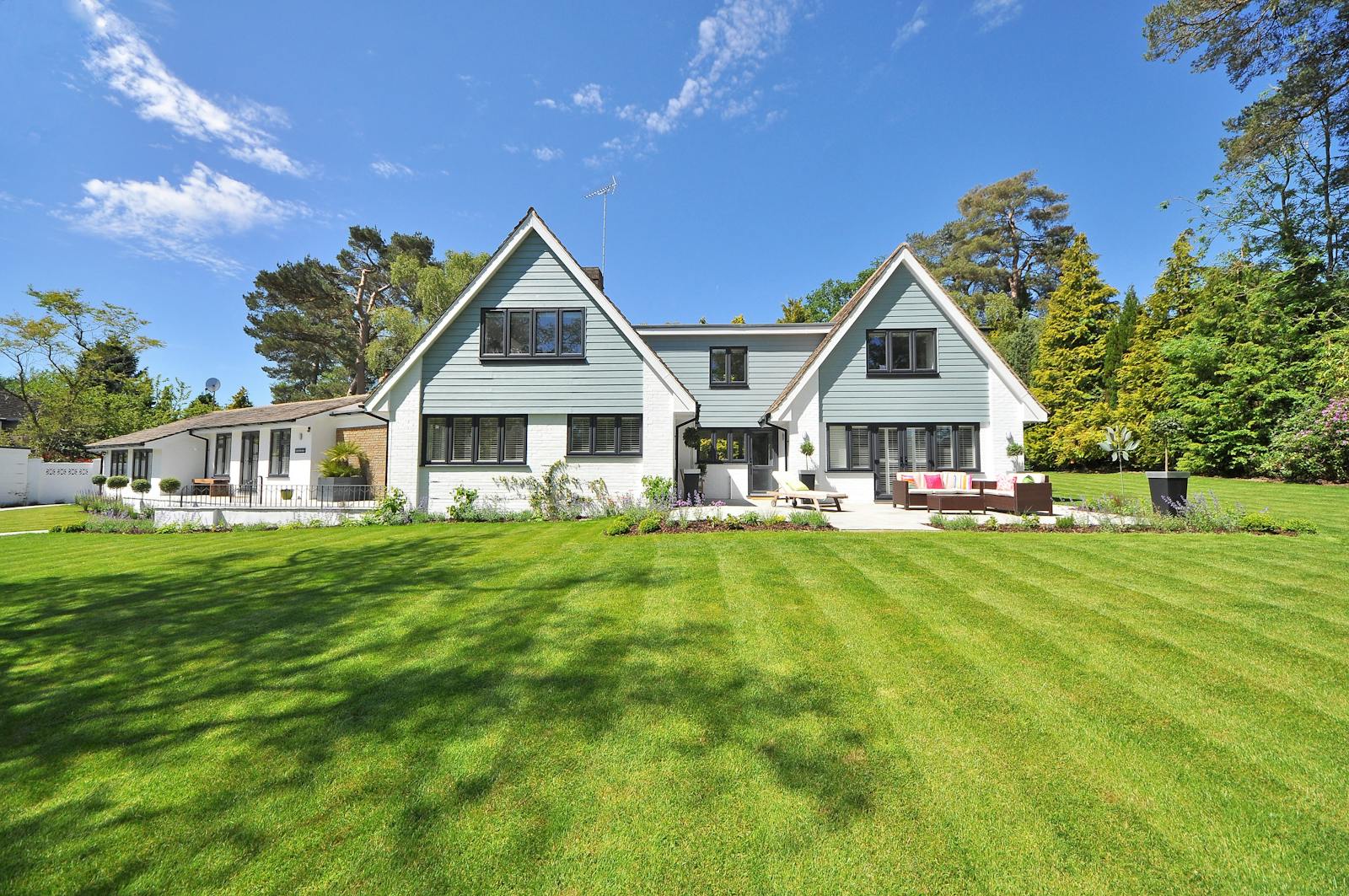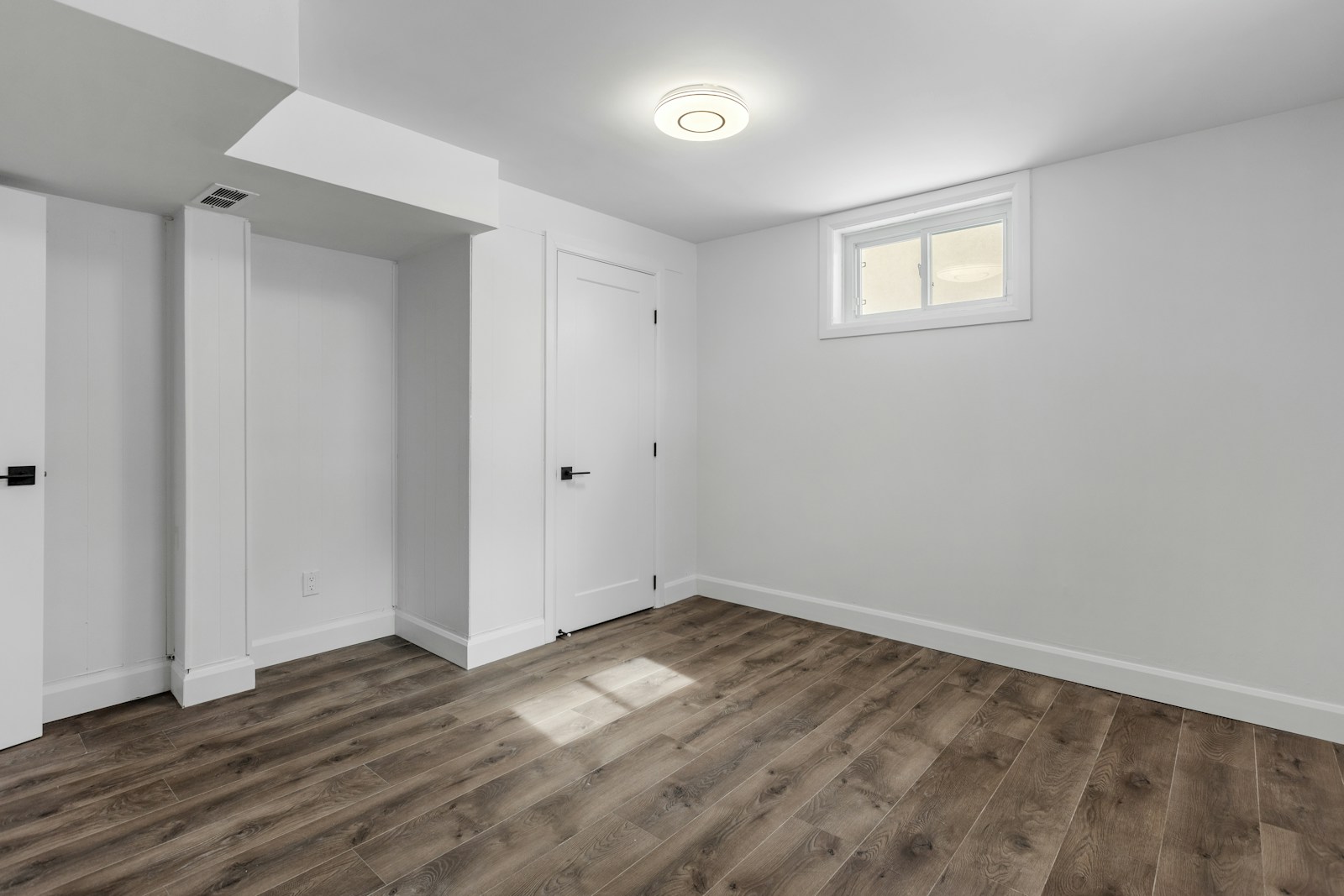London, Ontario, is a city with a dynamic rental market, offering both short-term and long-term rental opportunities. Whether you're an investor, a current or prospective tenant, or just curious about the local market, this blog will provide a comprehensive overview of the rental landscape in London, including detailed statistics and key insights.
Short-Term Rentals: A Growing Trend
Short-term rentals, typically defined as stays ranging from a few days to several weeks, have become increasingly popular in London. These rentals are often managed through platforms like Airbnb or VRBO and cater to tourists, business travellers, and temporary residents.
Key Statistics:
Average Daily Rate: The average daily rate for a short-term rental in London is approximately $130-$180 per night. Prices can vary based on location, property type, and amenities.
Occupancy Rate: Short-term rentals in London experience an average occupancy rate of around 70%. This reflects a steady demand for temporary accommodations.
Popular Areas: Short-term rentals are most popular in the Downtown area, near the University of Western Ontario, and around major attractions such as Victoria Park and Museum London.
Local Insights:
Seasonal Demand: Short-term rentals see increased demand during peak tourist seasons, including summer months and major local events. The Winterlude Festival and the London Fringe Festival are examples of events that drive higher occupancy rates.
Regulations: London has specific regulations for short-term rentals, including licensing requirements and limits on the number of days a property can be rented out per year. Hosts need to be aware of these regulations to avoid penalties.
Investment Potential: Short-term rentals can be a lucrative investment, especially in high-demand areas. However, investors should consider factors such as property management costs, competition, and regulatory compliance.
FAQs:
How do I find a short-term rental in London?
Platforms like Airbnb, VRBO, and Booking.com are popular choices for finding short-term rentals.What should I consider when investing in short-term rentals?
Consider factors like location, property condition, and local regulations.Are there any restrictions on short-term rentals in London?
Yes, London has regulations regarding licensing and rental limits. Check with the city for specific rules.
Long-Term Rentals: Stability and Growth
Long-term rentals, typically defined as leases of six months or more, offer stable income opportunities for landlords and consistent housing options for tenants. London’s long-term rental market has shown steady growth and remains a popular choice for many residents.
Key Statistics:
Average Rent: As of 2024, the average rent for a one-bedroom apartment in London is approximately $1,500- $2000+ per month. Two-bedroom apartments average around $1,900-$3000+ per month.
Vacancy Rate: The vacancy rate for rental properties in London is currently about 2.5%, indicating a strong demand and low availability.
Popular Areas: Long-term rentals are sought after in neighbourhoods such as Westmount, Old North, and Byron. These areas are known for their family-friendly environment, good schools, and amenities.
Local Insights:
Market Trends: London’s long-term rental market has experienced steady rent increases, reflecting a growing population and a strong local economy. The demand for rental properties has been driven by factors such as the influx of students, young professionals, and families.
Tenant Preferences: Many long-term renters seek properties with amenities such as in-unit laundry, parking, and proximity to public transportation. The presence of these features can significantly impact rental desirability and price.
Investment Considerations: Long-term rental properties offer predictable income and lower turnover compared to short-term rentals. Investors should consider property maintenance, tenant screening, and market trends when investing in long-term rentals.
FAQs:
How can I find a long-term rental in London?
Check local rental listings, and real estate websites, and work with a local realtor to find long-term rental options.What are the benefits of investing in long-term rentals?
Long-term rentals provide stable income, lower tenant turnover, and less management hassle compared to short-term rentals.What factors should I consider when setting rental rates?
Consider factors such as location, property size, amenities, and current market conditions.
Conclusion
London, Ontario’s rental market offers diverse opportunities for both short-term and long-term investments. Short-term rentals cater to tourists and temporary residents, providing flexibility and higher nightly rates. Long-term rentals, on the other hand, offer stability and consistent income for landlords while meeting the housing needs of the city’s residents.
Whether you’re looking to invest, rent, or simply explore the rental market, understanding these dynamics can help you make informed decisions. For personalized advice and support with your rental property needs in London, feel free to reach out!




.jpg)



